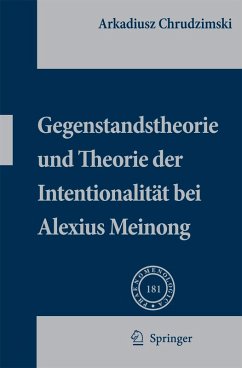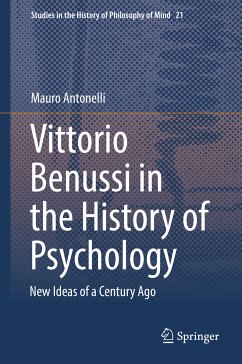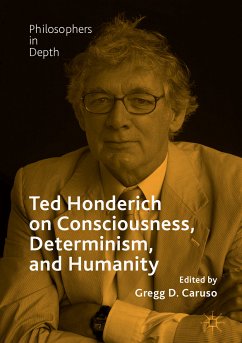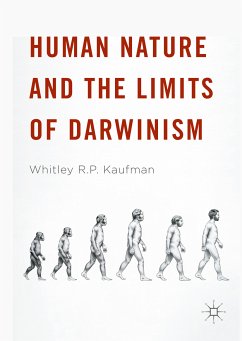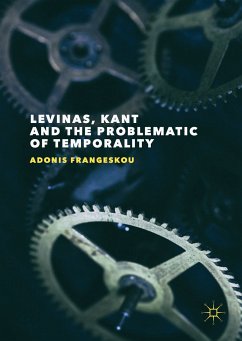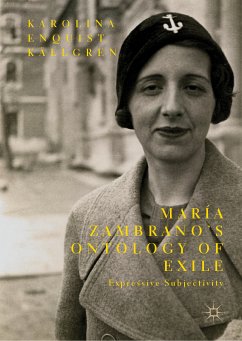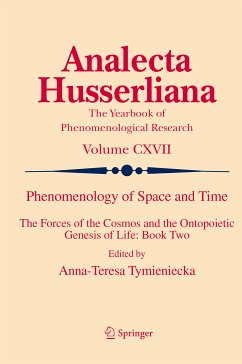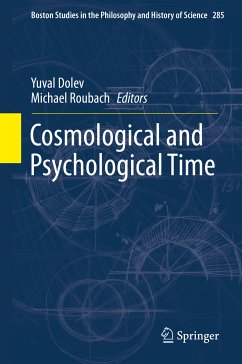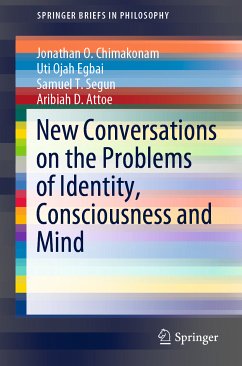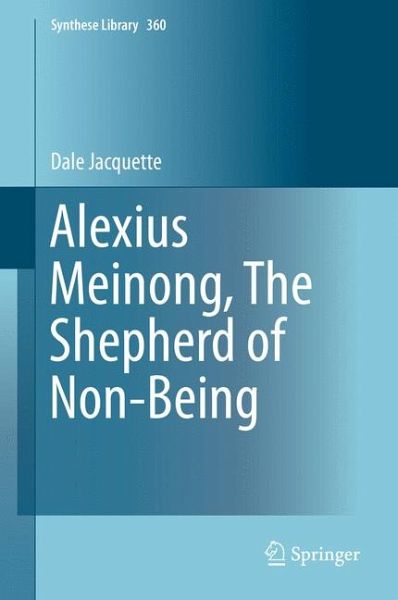
Alexius Meinong, The Shepherd of Non-Being (eBook, PDF)
Versandkostenfrei!
Sofort per Download lieferbar
72,95 €
inkl. MwSt.
Weitere Ausgaben:

PAYBACK Punkte
36 °P sammeln!
Preface (with Acknowledgments).- Introduction: Meinong and Philosophical Analysis.- Chapter 1. Meinong's Life and Philosophy.- Chapter 2. Origins of Gegenstandstheorie: Immanent and Transcendent Intended Objects in Brentano, Twardowski, and Meinong.-Chapter 3. Meinong on the Phenomenology of Assumption.- Chapter 4. Außersein of the Pure Object.- Chapter 5. Constitutive (Nuclear) and Extraconstitutive (Extranuclear) Properties.- Chapter 6. Meditations on Meinong's Golden Mountain.- Chapter 7. Domain Comprehension in Meinongian Object Theory.- Chapter 8. Meinong's Concept of Implexive Being and...
Preface (with Acknowledgments).- Introduction: Meinong and Philosophical Analysis.- Chapter 1. Meinong's Life and Philosophy.- Chapter 2. Origins of Gegenstandstheorie: Immanent and Transcendent Intended Objects in Brentano, Twardowski, and Meinong.-Chapter 3. Meinong on the Phenomenology of Assumption.- Chapter 4. Außersein of the Pure Object.- Chapter 5. Constitutive (Nuclear) and Extraconstitutive (Extranuclear) Properties.- Chapter 6. Meditations on Meinong's Golden Mountain.- Chapter 7. Domain Comprehension in Meinongian Object Theory.- Chapter 8. Meinong's Concept of Implexive Being and Non-Being.- Chapter 9. About Nothing.- Chapter 10. Tarski's Quantificational Semantics and Meinongian Object Theory Domains.- Chapter 11. Reflections on Mally's Heresy.- Chapter 12. Virtual Relations and Meinongian Abstractions.- Chapter 13. Truth and Fiction in Lewis's Critique of Meinongian Semantics.- Chapter 14. Anti-Meinongian Actualist Meaning of Fiction in Kripke's 1973 John Locke Lectures.- Chapter 15. Metaphysics of Meinongian Aesthetic Value.- Chapter 16. Quantum Indeterminacy and Physical Reality as a Relevantly Predicationally Incomplete Existent Entity.- Chapter 17. Confessions of a Meinongian Logician 18. Meinongian Dark Ages and Renaissance.- Appendix: Object Theory Logic and Mathematics - Two Essays by Ernst Mally (Translation and Critical Commentary).- Notes.- References.- Index.
Dieser Download kann aus rechtlichen Gründen nur mit Rechnungsadresse in A, B, BG, CY, CZ, D, DK, EW, E, FIN, F, GR, HR, H, IRL, I, LT, L, LR, M, NL, PL, P, R, S, SLO, SK ausgeliefert werden.




